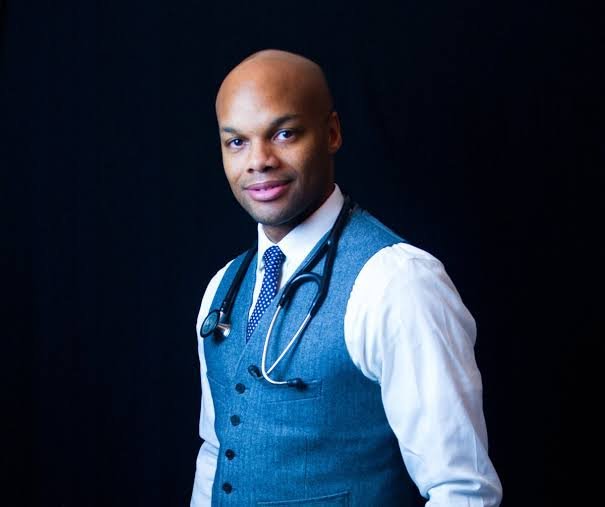Episode 53: Understanding Alcohol's Impact on the Brain with Neurologist Dr. Philippe Douyon
Ray sits down with Dr. Philippe Douyon, a neurologist, speaker and author, to explore the profound effects of alcohol on the brain and how it impacts overall cognitive health. Dr. Douyon shares his expert insights on what actually happens in the brain when we consume alcohol, from the disruption of neurotransmitters to long-term changes in brain structure and function. They dive deep into the science behind neuroplasticity – the brain’s ability to change and adapt – and discuss practical steps for supporting brain health during sobriety.
Dr. Douyon also sheds light on the unique challenges faced by BIPOC communities when navigating sobriety, including the social pressures and cultural factors that can complicate the journey. Tune in to learn how you can build resilience, reclaim your cognitive function, and enhance your mental well-being by understanding the powerful connection between sobriety and brain health.
Dr. Douyon’s Toolkit:
Understand the science
Monitor your consumption
Engage in activities
Practice mindfulness
Practice meditation
Prioritize sleep
Seek community support
Set realistic goals
The Brain and Alcohol: What's Really Happening?
Dr. Douyon breaks down the science behind alcohol's impact on the brain, explaining how even moderate consumption can lead to significant changes in brain function and structure. He discusses the delicate balance of neurotransmitters, the chemicals that communicate between nerve cells, and how alcohol disrupts this balance. This imbalance could lead to longer-term consequences on cognition and mental health. Dr. Douyon advises to be mindful of your drinking habits and understand the risks associated with them.
The Ripple Effect: Long-Term Consequences
Dr. Douyon delves into the long-term consequences of alcohol use, including the potential for developing chronic neurological conditions. He shares insights on the ways alcohol use can accelerate brain aging, diminish cognitive function, and increase the risk of mental health disorders. Ray and Dr. Douyon explore why these impacts are particularly significant in BIPOC communities, where access to mental health resources and education about substance use is often limited.
Sobriety and Healing: A Neurological Perspective
The brain has a remarkable capacity to heal. This was a sigh of relief for Ray who has been drinking alcohol for nearly three decades and was worried healing his brain would be impossible. Dr. Douyon emphasizes that while the damage caused by alcohol can be profound, the brain also has the ability to recover through neuroplasticity.
Neuroplasticity is the brain's ability to change, adapt, and reorganize itself throughout a person's life. This concept means that the brain can form new neural connections, strengthen existing ones, and even "rewire" itself in response to new experiences, learning, injury, or changes in the environment. Neuroplasticity plays a crucial role in recovery from brain injuries, learning new skills, and adapting to new situations. For example, when someone practices a new skill, like playing an instrument or learning a language, the brain creates new pathways and strengthens them through repetition. Similarly, in sobriety, neuroplasticity allows the brain to recover and heal from the damage caused by alcohol or substance use, helping people regain cognitive functions and improve their mental health.
They talk about actionable steps that individuals can take to support brain health during sobriety, including nutrition, exercise, and mindfulness practices. Start with small, achievable steps toward reducing or eliminating alcohol consumption. Celebrate your progress along the way
Knowledge is Power
Ray wraps up the episode by highlighting the importance of understanding the science behind alcohol use, particularly within underrepresented communities. Dr. Douyon encourages listeners to keep learning about the impacts of substances on brain health. Staying informed can help reinforce the reasons behind your sobriety journey. Be proactive about seeking help, whether through therapy, counseling, or community programs that offer support for sobriety and mental well-being. Dr. Douyon wraps with a message of hope and encouragement: sobriety is not just a path to a better life but also a journey toward reclaiming one's brain health and cognitive potential.
Dr. Douyon's details
Instagram: @philippe.md
YouTube: https://www.youtube.com/channel/UCRCOnf0uKNDcDODNvCKY7Ag


